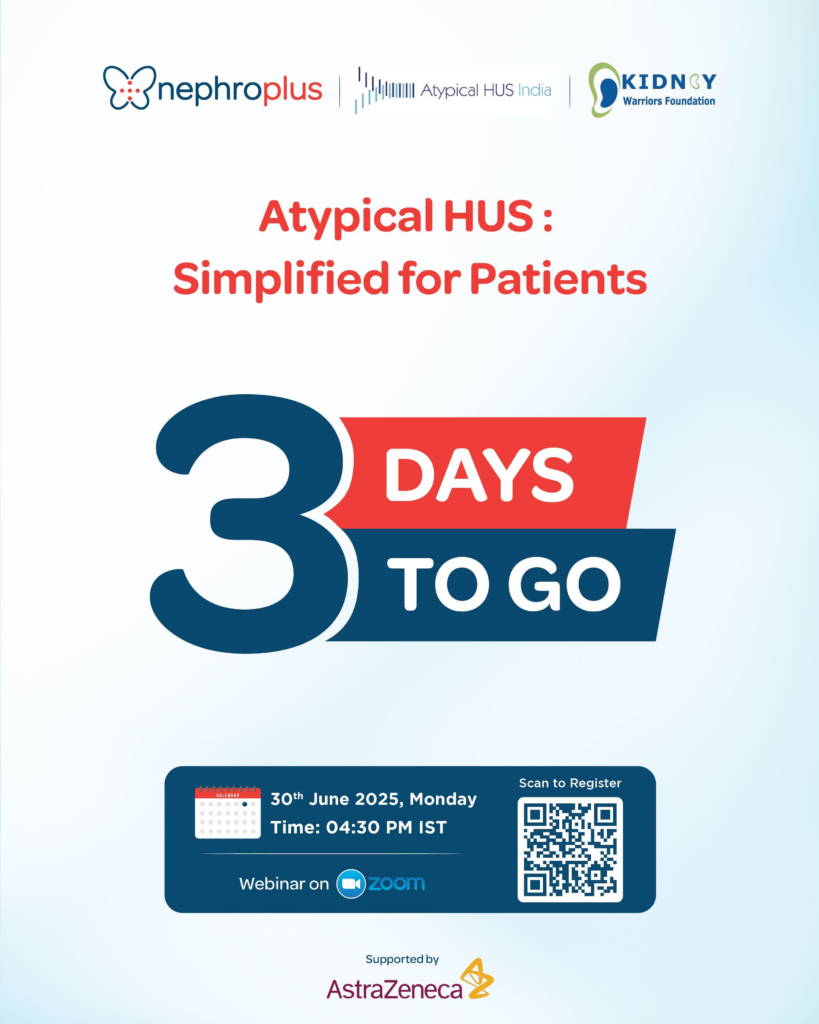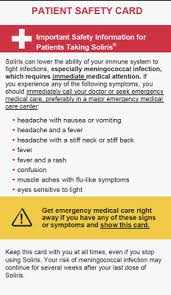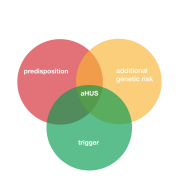Frequently these days people talk about their “journey”.
I have known of the journey of an aHUS patient in India for 14 years and found out about his journey for the 14 years before I met him.
His journey is the one many of the aHUS patients today could have had if they did not have access to complement inhibitors.
He has been on dialysis for 28 years and had one failed transplant due to aHUS.
Probably most would not have acquitted themselves as Kamal Shah has done to a life on dialysis.
He lost his favoured peritoneal dialysis mode when his peritoneum was infected by dirty water which engulfed him on a beach following the Indian Ocean Tsunami in December 2004. With his peritoneum too scarred to work he had to switch to hospital maintenance haemodialysis and its related loss of freedom. If you can access dialysis in India , many don’t.
So what he did then was incredible. He and his friend set up a small dialysis centre to provide dialysis to Indian kidney patients. It became popular and so more and more centres were built until Kamal’s organisation became the largest dialysis providers in India.
It did not end there, his dialysis organisation, Nephroplus , began operations in neighbouring Asian countries too.
A book was written about his achievements. “Silver Lining” – a title which reflects Kamal’s positive view on life.
aHUS patients on complement inhibitors complain about “side effects” but Kamal has suffered so much more yet he still participated in global patient advocacy to help others, sympathising with those fortunate to access the drug that he could not access himself for a desperately needed kidney transplant.
There is song from the World War at the beginning of the 20th century which fits Kamal’s aHUS journey. “Keep right on to the end of the road”
But on Monday 30 June 2025 will there be a pivotal point in his journey.
Until then Kamal was “aHUS India” on his own.
This Monday will see the first aHUS patients meeting in India. Given its geographical size the Indian meeting will be a webinar on Zoom.
There are probably between 2000 and 3000 surviving aHUS patients in India. Many of whom like Kamal will need eculizumab to support a kidney transplant. Many others may need it if faced with an aHUS relapse. Some may be onsetting for the first time as this article is written.
If only 200/300 of those patients attended the webinar it would probably be the world’s biggest ever aHUS conference.
So India aHUS patients , families and their clinicians should make every effort to attend ( details below) and join with Kamal to begin the rest of the journey towards access to the most aHUS effective treatment for those who need it now and in the future.
4.30pm Indian Time , click QR code to register. Or contact kamal@ahusallianceaction.org

Article No 739


